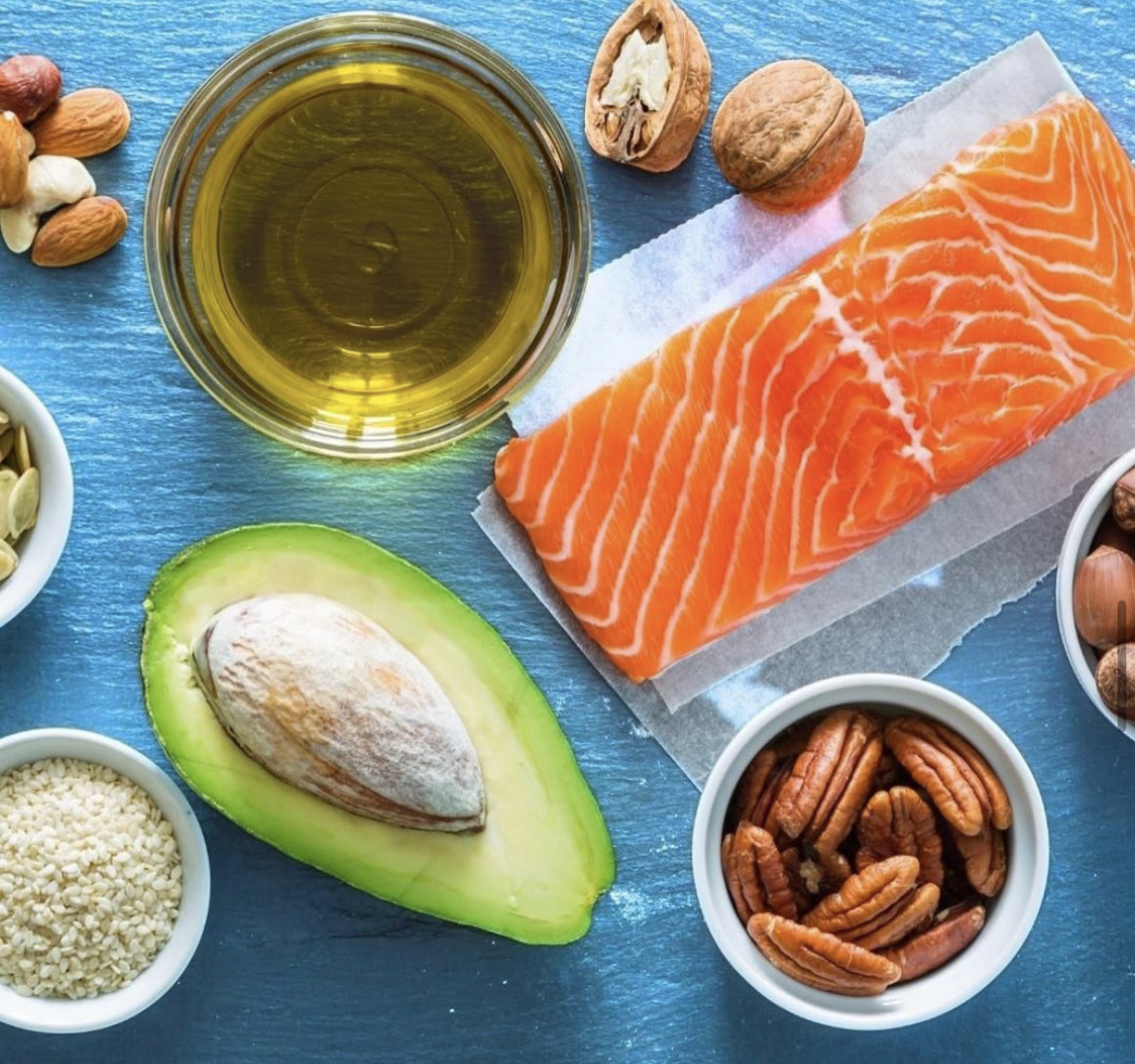The connection between what we eat and how we feel, particularly in relation to pain and inflammation, has been increasingly recognized in the scientific community. Nutrition plays a pivotal role in pain management, offering a complementary approach to traditional medical treatments. This blog post delves into how diet can influence pain and inflammation, highlighting foods to embrace for their pain-reducing benefits and those to avoid due to their potential to exacerbate discomfort.
Understanding the Link Between Diet, Inflammation, and Pain
Inflammation is a natural response of the body’s immune system to injury or infection. However, chronic inflammation can lead to or exacerbate pain, particularly in conditions like arthritis, fibromyalgia, and even migraines. Research suggests that certain dietary patterns can influence the body’s inflammatory processes, thereby impacting pain perception.
Foods to Avoid
1. Sugar and Refined Carbs: High intakes of sugar and refined carbohydrates can trigger the release of pro-inflammatory cytokines. Avoiding foods high in added sugars and white flour may help reduce inflammation and pain.
2. Saturated and Trans Fats: Found in processed and fried foods, these fats can promote inflammation. Minimizing consumption of fast food, baked goods, and processed snacks can be beneficial.
3. Red and Processed Meats: These meats contain high levels of saturated fats and advanced glycation end products (AGEs), which can stimulate inflammation.
4. Alcohol and Tobacco: Both can exacerbate inflammation and negatively impact pain management efforts.
Foods to Embrace
1. Omega-3 Fatty Acids: Found in fatty fish like salmon, mackerel, and sardines, omega-3 fatty acids have been shown to reduce inflammation and alleviate pain, particularly in rheumatoid arthritis patients.
2. Fruits and Vegetables: Rich in antioxidants and phytochemicals, fruits and vegetables can reduce inflammation. Berries, leafy greens, and other brightly colored produce are especially beneficial.
3. Whole Grains: Whole grains contain fiber, which has been linked to lower CRP (C-reactive protein) levels, a marker of inflammation in the body.
4. Nuts and Seeds: Almonds, walnuts, flaxseeds, and chia seeds are high in omega-3s and have anti-inflammatory properties.
5. Spices: Turmeric and ginger, in particular, have been highlighted for their anti-inflammatory effects, which can help reduce pain.
The Mediterranean Diet: A Model for Anti-Inflammatory Eating
The Mediterranean diet, rich in fruits, vegetables, whole grains, olive oil, and fish, provides an excellent model for an anti-inflammatory diet that can aid in pain management. Studies have shown that this diet can reduce inflammatory markers and support overall health.
Practical Tips for an Anti-Inflammatory Diet
1. Incorporate a variety of fruits and vegetables into your diet to ensure a wide range of antioxidants and phytochemicals.
2. Choose whole grains over refined ones to maximize fiber intake and minimize inflammatory responses.
3. Opt for lean protein sources, such as fish and legumes, which are lower in saturated fats and high in beneficial nutrients.
4. Use herbs and spices liberally to flavor food and take advantage of their anti-inflammatory properties.
5. Stay hydrated with water, herbal teas, and other non-sugary beverages to support overall health and reduce inflammation.
Conclusion
Diet plays a crucial role in managing pain and inflammation. By understanding the foods that can trigger or reduce inflammation, individuals can make informed dietary choices that complement their pain management strategies. It’s essential to consult with a healthcare provider or a dietitian before making significant changes to your diet, especially if you have chronic health conditions.
References
– Harvard Health Publishing. (2020). *Foods that fight inflammation*. Retrieved from [Harvard Health](https://www.health.harvard.edu/staying-healthy/foods-that-fight-inflammation)
– Maroon, J. C., & Bost, J. W. (2006). Omega-3 fatty acids (fish oil) as an anti-inflammatory: an alternative to nonsteroidal anti-inflammatory drugs for discogenic pain. *Surgical Neurology*, 65(4), 326-331.
– Gómez-Pinilla, F., & Nguyen, T. T. J. (2012). The natural mood enhancer: The effects of exercise on brain function. *Current Directions in Psychological Science*, 21(1), 1-6.
– The Arthritis Foundation. (n.d.). *Anti-Inflammatory Diet*. Retrieved from [Arthritis Foundation](https://www.arthritis.org/health-wellness/healthy-living/nutrition/anti-inflammatory/anti-inflammatory-diet)

